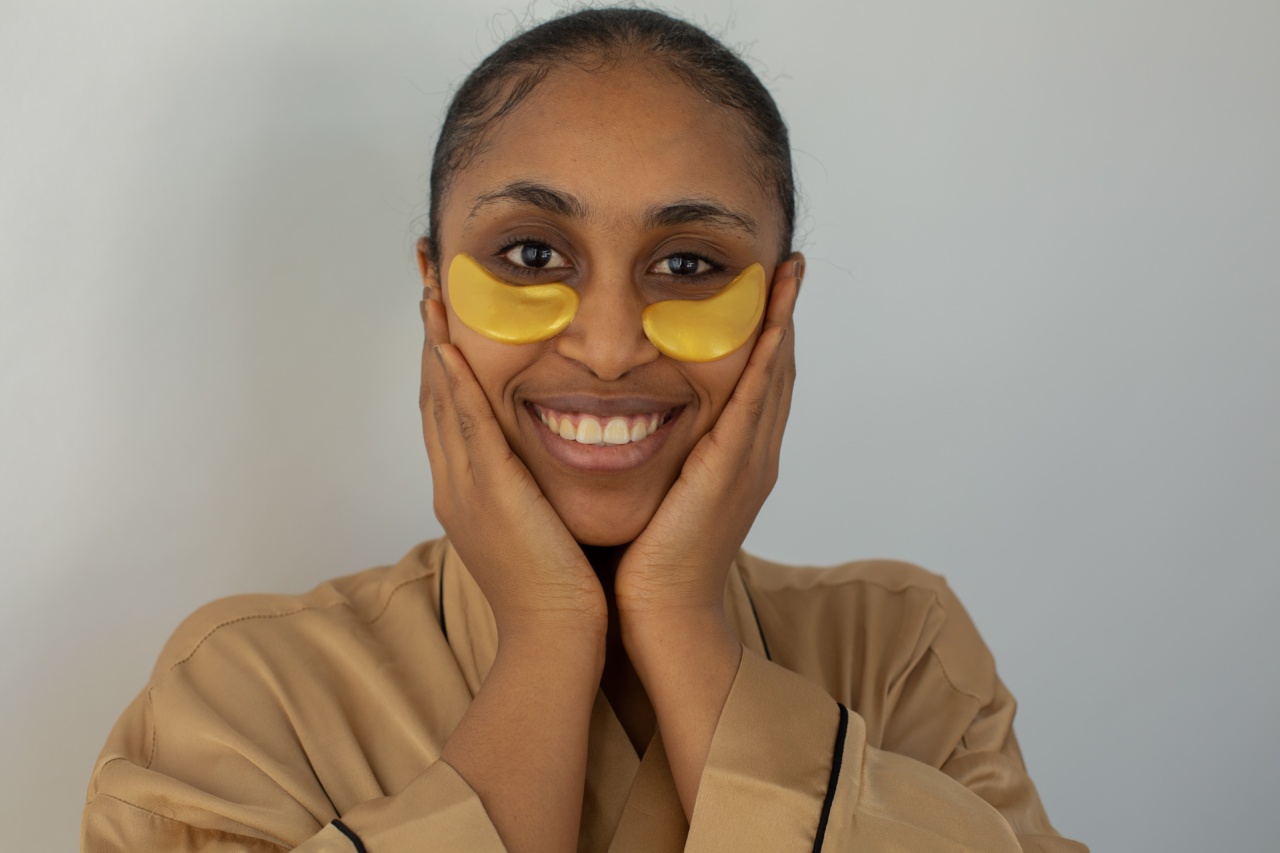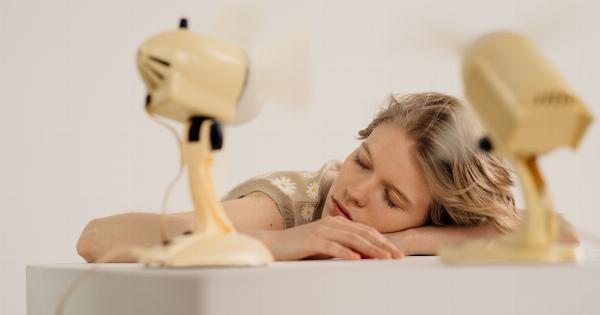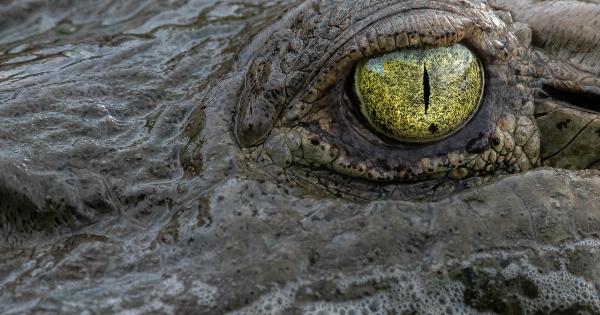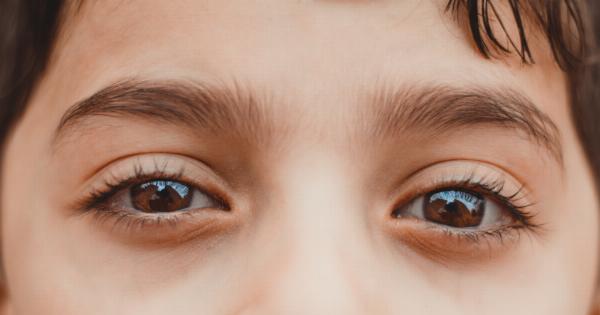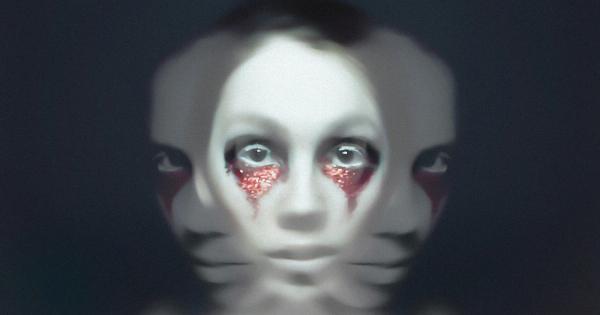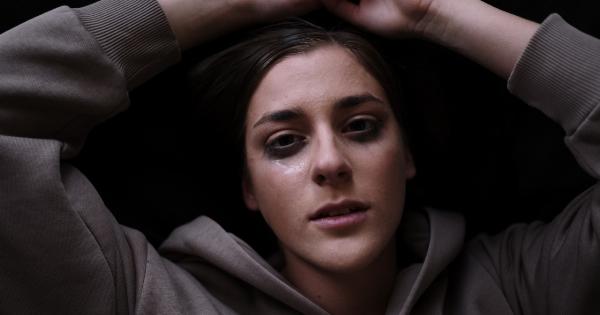Eye blushing, also known as conjunctival blushing, is a condition in which the white part of your eye, called the conjunctiva, gets inflamed and turns pink or reddish-pink.
This can be a result of various reasons, including allergies, infections, or irritants. Although eye blushing might seem harmless, if left untreated, it can lead to eye infections and further complications. In this article, we’ll talk about the common causes of eye blushing and how to treat it.
Common Causes of Eye Blushing
There are several factors that can cause eye blushing. These include:.
Allergies
One of the most common causes of eye blushing is an allergic reaction. Allergens such as pollen, pet dander, or dust mites can cause your eyes to become itchy, swollen, and red.
The best way to prevent eye blushing due to allergies is to avoid the allergen. If that’s not possible, over-the-counter antihistamine eye drops and home remedies like applying a cool compress might help provide relief.
Infections
Another cause of eye blushing is an infection. Viral or bacterial infections can affect your eyes and cause them to become red and inflamed. If you suspect you might have an eye infection, it’s important to see a doctor and get proper medication.
Dry Eyes
Dry eye syndrome occurs when your eyes don’t produce enough tears, or when the quality of your tears is poor. This can cause your eyes to become red, itchy, and irritated, leading to eye blushing.
One way to prevent dry eyes is to take frequent breaks when reading or working on a computer and to use eye drops to keep your eyes moist.
Toxic Irritants
Some chemicals or foreign objects can cause eye blushing. When you’re exposed to irritants such as smoke, dust, or chemicals, your eyes might become red and itchy.
Wearing protective eyewear, such as goggles, can help prevent eye blushing due to toxic irritants.
How to Treat Eye Blushing
The treatment for eye blushing depends on its cause. Here are some ways you can treat eye blushing depending on the cause:.
Allergy Medications
For eye blushing due to allergies, over-the-counter antihistamine eye drops or allergy medications might help. However, if your symptoms persist or worsen, it’s important to see a doctor and get proper medication.
Warm or Cold Compresses
Applying a warm or cold compress to your eyes might help relieve eye blushing due to irritation. A warm compress can help soothe dry eyes, while a cold compress can help reduce inflammation due to allergies or infections.
Antibiotics
For eye blushing caused by bacterial infections, your doctor might prescribe antibiotics. It’s important to use the medication exactly as prescribed and to follow up with your doctor to ensure that the infection has cleared up.
Artificial Tears
For eye blushing due to dry eyes, using artificial tears can help keep your eyes moist and reduce irritation. However, if your symptoms persist, it’s best to see a doctor to determine the underlying cause of your dry eyes.
Prevention
While you cannot prevent eye blushing entirely, there are steps you can take to reduce your risk. These include:.
- Wearing protective eyewear when working with irritants or playing sports
- Avoiding allergens, if possible
- Taking frequent breaks and blinking often when working on a computer
- Reducing your screen time and taking regular breaks to rest your eyes
- Eating a healthy diet rich in vitamins and minerals that promote eye health
Conclusion
If you experience eye blushing, it is important to determine the underlying cause. While some cases of eye blushing can be treated with simple remedies, others might require medical intervention.
Following preventive measures such as wearing protective eyewear and maintaining a healthy lifestyle can help reduce your risk of eye blushing.
